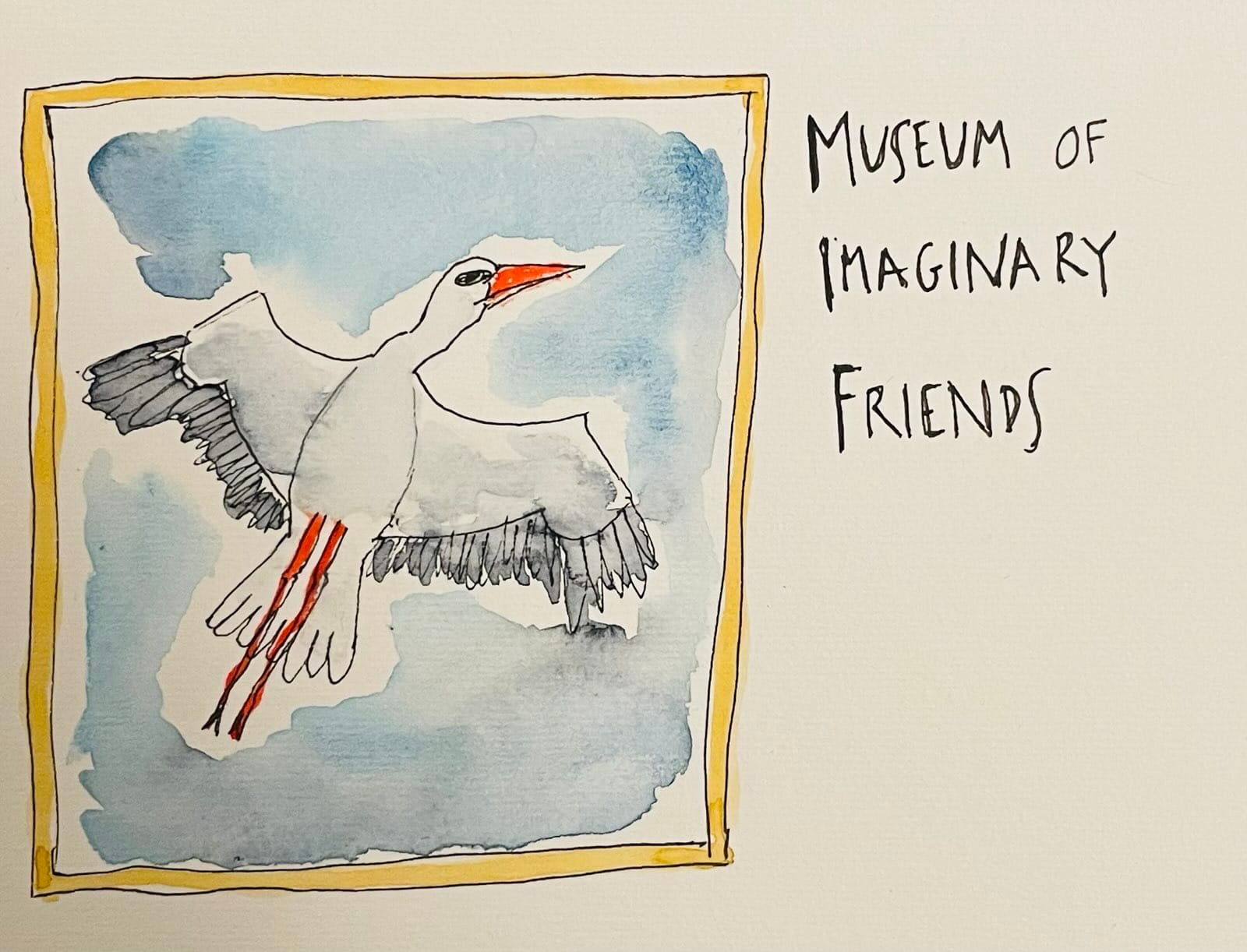What do we want to remember?

I was four or five years old when I visited a museum for the first time. I remember objects in glass cabinets that I wasn’t supposed to touch. I don’t recall much, except for coffins (perhaps?) from ancient Egypt. At the time, ancient Egypt was my Roman Empire. My mind was blown away by the hieroglyphs. I had only seen them in my children’s encyclopaedia, and my brain couldn’t fully comprehend that they had existed thousands of years ago. It must have been adorable for my mother to see such a small nerd.
Needless to say, I fell in love with museums. When I need inspiration or a break from the chaos of the world, I buy a ticket to the past. Museums humble me. They make me think about the people who came before us, who at some point felt the need to create something - whether useful, beautiful, or both. So many dreamers have come before us, and they all disappeared, just as we will. And yet, some of the objects born of their labour have survived the circle of life.
I came across the Blue Print project by Rachel Sale, a mixed-media artist living and working in South East London. The artist collaborated with various people to create their dream museums, as she states on the project's website:
I wanted to create artworks that felt pieces of ephemera from these imagined future museums – little poetic fragments that gave you a taste of what these places might be like.
What kind of museum would you like to create?
Ever since I began working at a library, I’ve often watched and wondered about what we choose to remember and what we choose to preserve. How do institutions decide what to collect? And most importantly, what do we want to save from oblivion in our personal stories, in our families? what will happen to the data we collect about ourselves - our relationships? Should we store every message, email, photo? It’s an ocean of details difficult to manage.
Perhaps we should put on the curator’s hat and pick and choose what matters most. But this approach presents another problem: sometimes we delete things impulsively because we’re angry, sad, or frustrated—and a part of the memory is erased. We create white stains on the map. But does it matter? Do we have to remember everything to understand who we are? Meghan Markle said on a podcast that she sends her children emails every night with a daily snippet, and intends to give them access to it when they turn 18. As cute as it sounds (she and the podcast host had tears in their eyes), I wonder if it's necessary? Isn't forgetting your childhood a big part of becoming an adult?

And yet
And yet if I could create a museum, I have a couple of ideas (the Museum of Breakfasts, the Museum of Walks, the Museum of Choice), but here’s my pick: Museum of Imaginary Friends. Friends who lived in our imagination and helped us through childhood. Do you know what I mean? Did you have an imaginary friend? Mine was a white stork who would tell me about everything it saw while I was at school.

And the last thought, artefacts in museums are often displayed there because others were lost or destroyed. Perhaps more beautiful pieces vanished. Just like good life isn't built from a few fabulous events but rather from the solid and quiet routines of every day? I find it weirdly reassuring.
Thank you for reading.
Wiktoria
PS.0. If you are planning to come to my presentation about the photo project in Łódź (yay!), it will happen during the weekend - June 14th & 15th. I don't know my exact time slot yet but I will keep you posted!
PS. In this week's music corner - Brahms.
